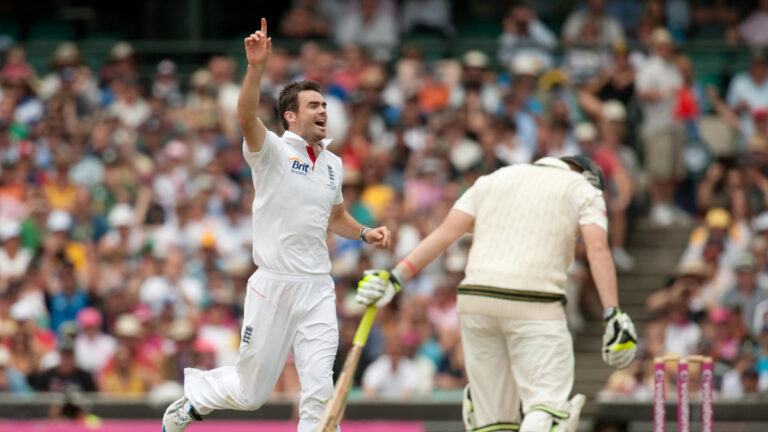Exploring the Impact of Cricket on Global Health Promotion: 99exch, Reddy Anna Book, Allpanel
99exch, Reddy Anna Book, All Panel.com, Allpanel: Cricket, a sport with roots dating back to the 16th century in England, has evolved over the years into a global phenomenon with a vast following across various countries. Initially considered a leisurely pastime for the British aristocracy, cricket gradually gained popularity and spread to different parts of the world through colonization and trade.
As the sport transcended borders, it adapted to different cultures and climates, leading to the formation of international cricket competitions such as the Cricket World Cup and the ICC Champions Trophy. With the advent of technology and mass media, cricket matches are now broadcast to millions of viewers worldwide, further fueling its growth and solidifying its status as one of the most popular sports globally.
The Role of Physical Activity in Promoting Global Health
Physical activity plays a crucial role in promoting global health by reducing the risk of chronic diseases and improving overall wellbeing. Engaging in regular physical exercise helps maintain a healthy weight, strengthen muscles and bones, and enhance cardiovascular health. It also contributes to mental health by reducing stress, anxiety, and depression, leading to a better quality of life for individuals worldwide.
In addition to the physical benefits, being physically active fosters social connections and promotes a sense of community among individuals. Whether through team sports, group exercise classes, or outdoor activities, participating in physical activity encourages social interaction and camaraderie. This social aspect of physical activity not only enhances mental wellbeing but also helps combat feelings of isolation and loneliness, especially in today’s fast-paced and digitally-driven society.
The Impact of Cricket on Physical Fitness and Wellbeing
Cricket, a sport enjoyed by millions around the world, offers numerous physical fitness benefits for those who participate. The dynamic movements involved in batting, bowling, and fielding require agility, coordination, and strength, helping to improve overall fitness levels. Additionally, the stop-and-start nature of the game encourages bursts of sprinting and sudden changes in direction, contributing to enhanced cardiovascular health and endurance.
Moreover, cricket promotes mental wellbeing alongside physical fitness. The strategic aspects of the sport, such as reading the game situation, making quick decisions, and working effectively as a team, stimulate cognitive functions and promote mental sharpness. Engaging in regular cricket matches can also serve as a stress-reliever and a form of social connection, fostering a sense of camaraderie and community among players, which is essential for overall wellbeing and a healthy lifestyle.







